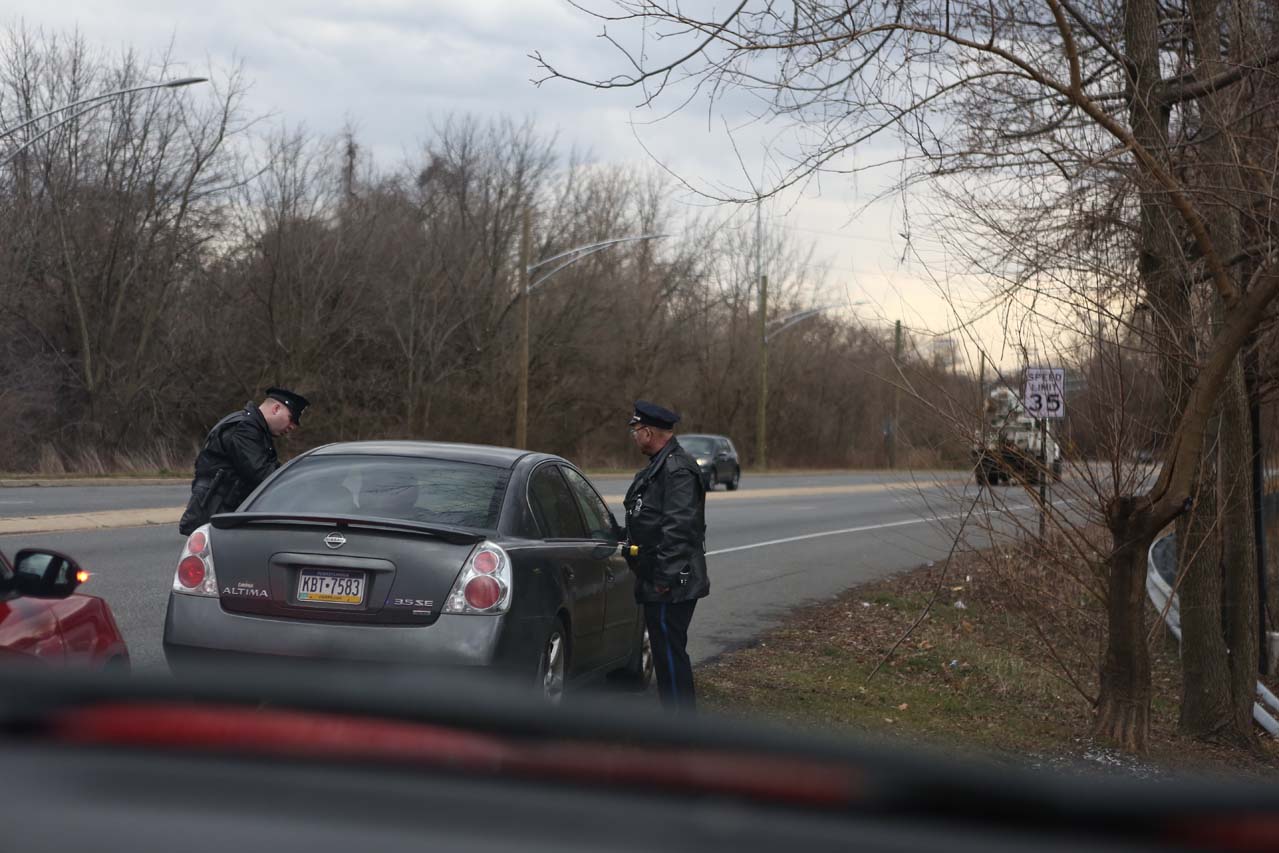
Drug charges often hold mandatory sentences ranging anywhere from one-year incarceration to life in prison. If you have been charged with possession, distribution, or manufacturing of drugs, do not trust your future to any lawyer.
If you are arrested on a drug charge, you need a savvy, experienced defense team to help you navigate from initial arrest through to the conclusion of your case. ThePhillyLawyers have over twenty years’ experience in representing clients on drug charges.
We have also developed strong, professional relationships with local law enforcement and prosecutor’s offices, which greatly aids our clients. We advocate in every possible way, finding alternatives such as Drug Court, Veteran’s Court, rehabilitation, and community service. We fight for our clients so that they can maintain their freedom, employment, and can return to their community.
Call us to learn how we can help you at 215-884-9300.
Too often, those charged with drug offenses have had their rights violated by the police or other law enforcement officials. ThePhillyLawyers will work diligently to protect your Constitutional Rights and have illegally obtained evidence suppressed. For example, a common and effective defense to a drug charge is to argue that police have violated search and seizure laws. With the right attorney, individuals charged with drug offenses can often have all charges dismissed because of illegal police activity such as an invalid search warrant, a statement taken without police warnings, or the improper search of a person, car, or house.
Drug crimes stem from charges of possession, manufacturing, or trafficking of controlled substances. If the amount of drugs found is large enough, one can be accused of distributing drugs based solely on the quantity possessed.
There are two levels of drug charges—misdemeanor possession charges and felony possession with the intention to deliver narcotics to another. The first is usually punishable by probation or even a complete dismissal of all charges; the second is far more serious depending on the amount of drugs as well as other circumstances such as selling in a school zone or being a repeat offender.
Below are some terms to help you understand the local, state, and federal drug laws:
Call us today at ThePhillyLawyers: 215-884-9300 for a free consultation.
I would highly recommend Emmett Madden. Our son got into some teenage trouble with the police, and Mr. Madden really helped us out with a quick resolution and also navigating through the process, with which we were completely unfamiliar. He helped with everything about the situation, includng how to talk to the cops, and what to do or not do. We felt very informed and grateful for his help. No one wants to be embarrassed by their child’s bad choices but alas . . . . Mr. Madden was very compassionate and I think being a father himself, he understood this clearly, which really made a difference to us.
